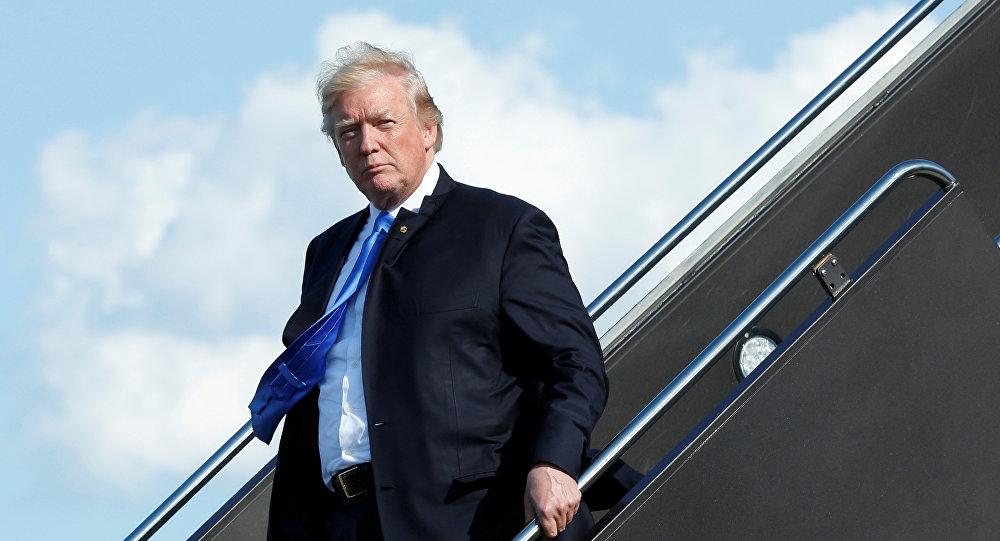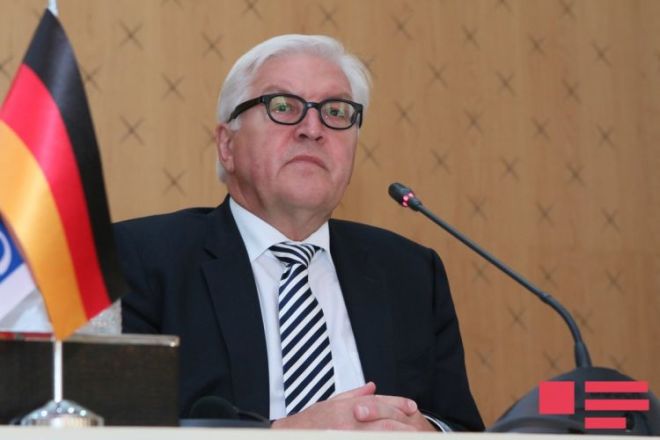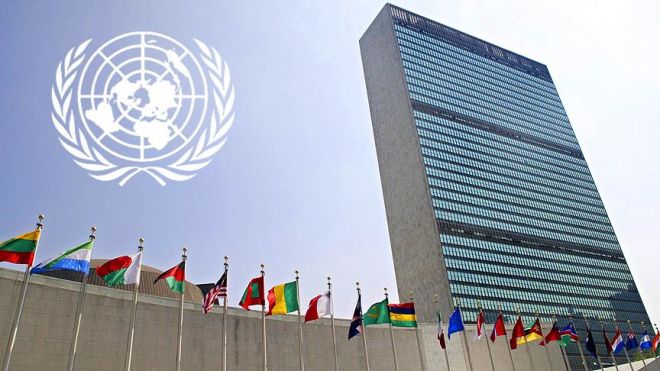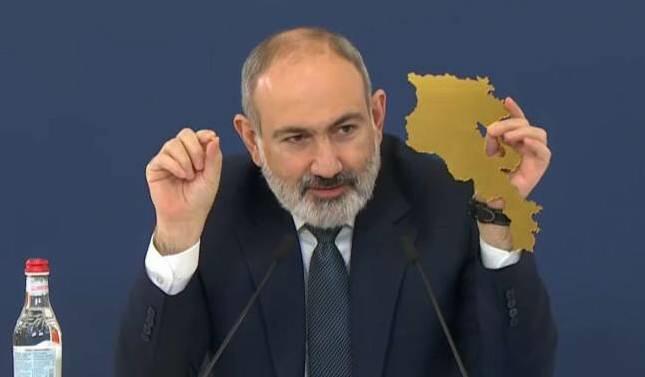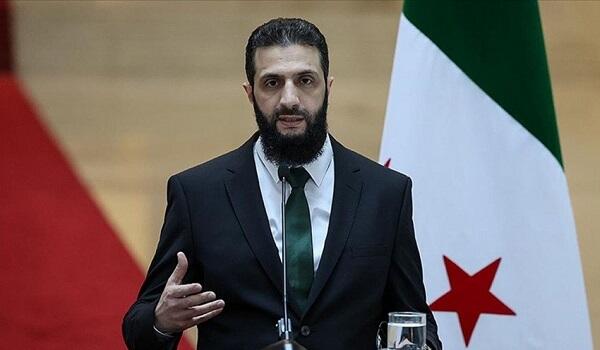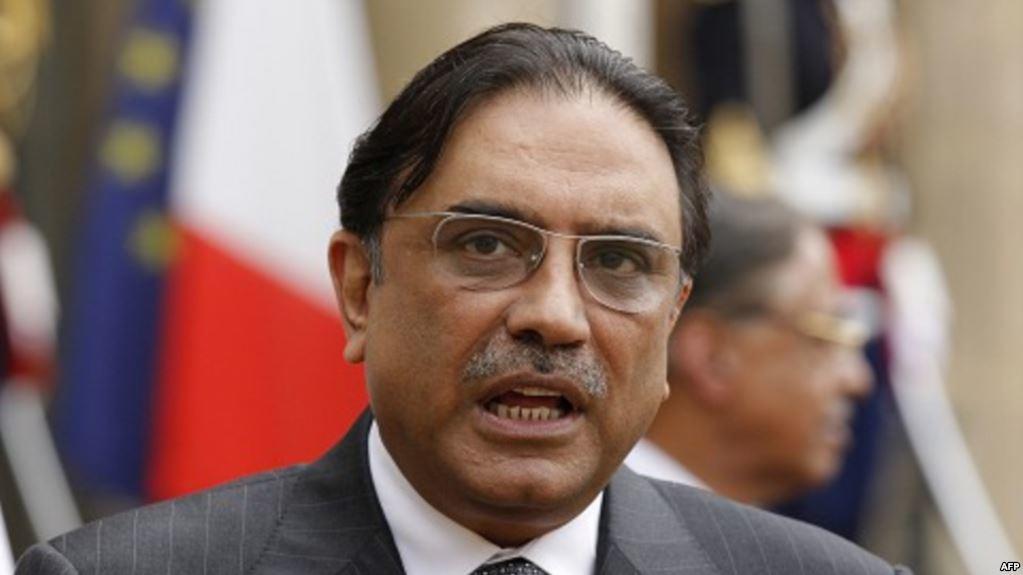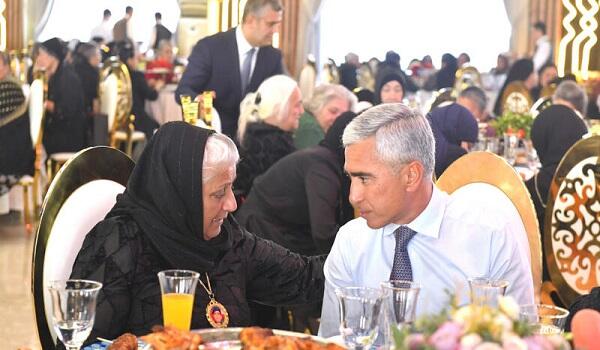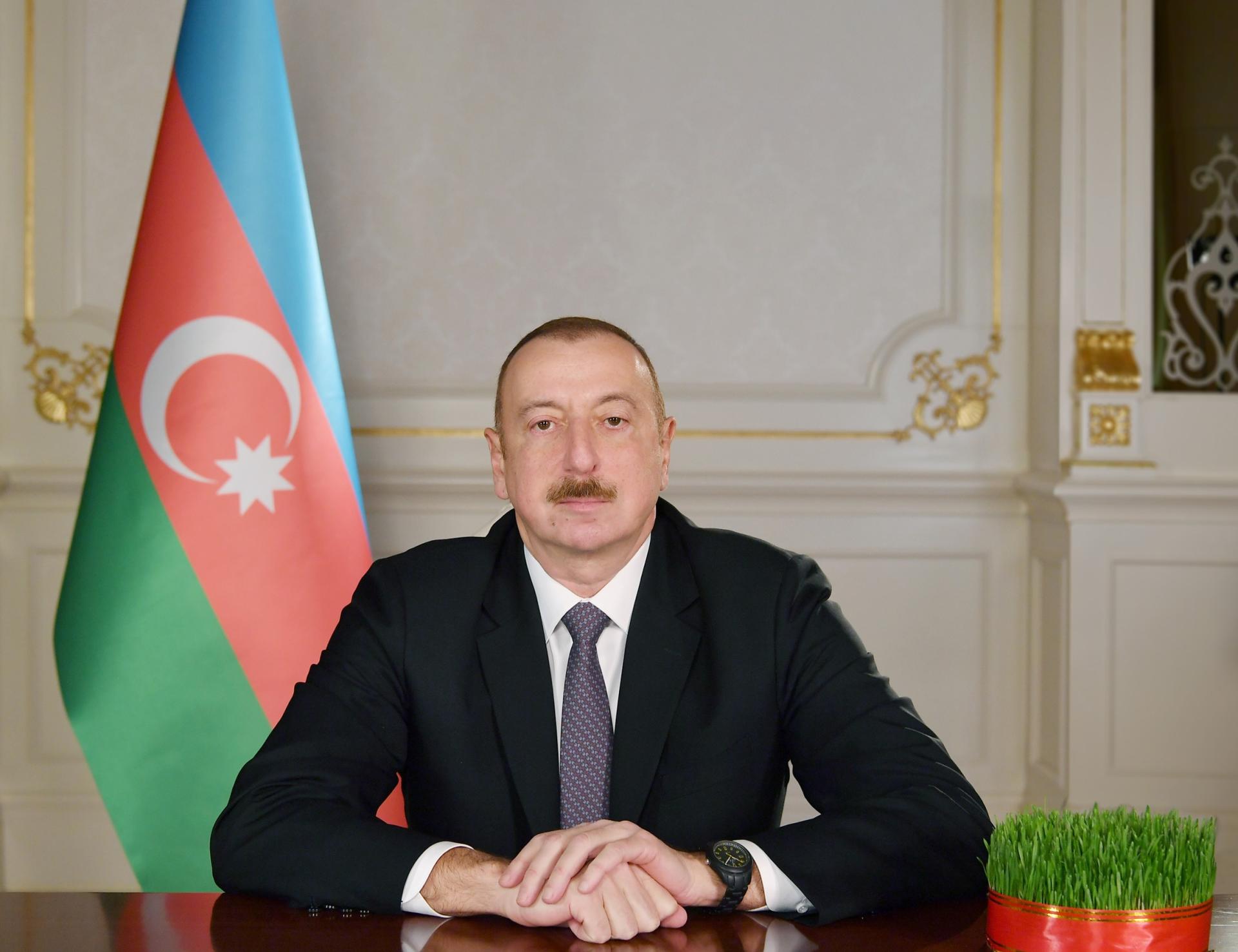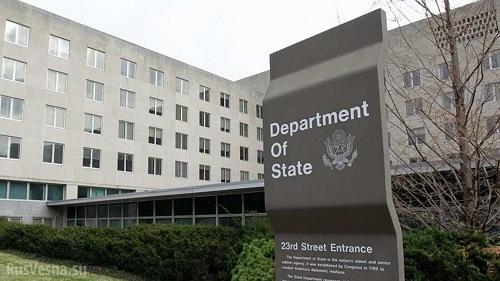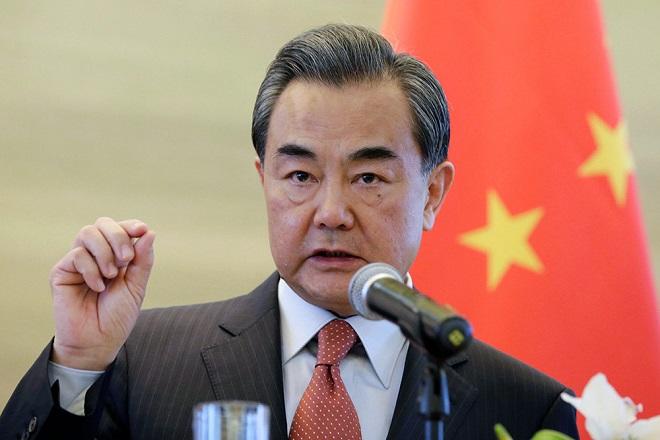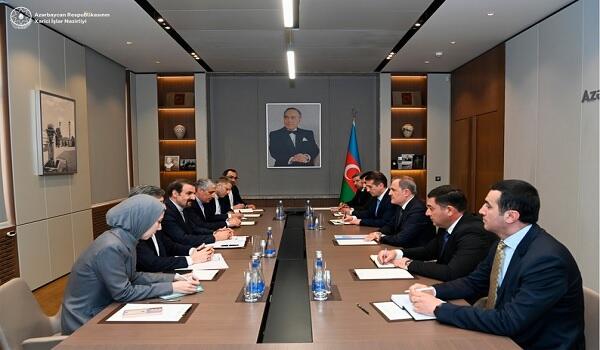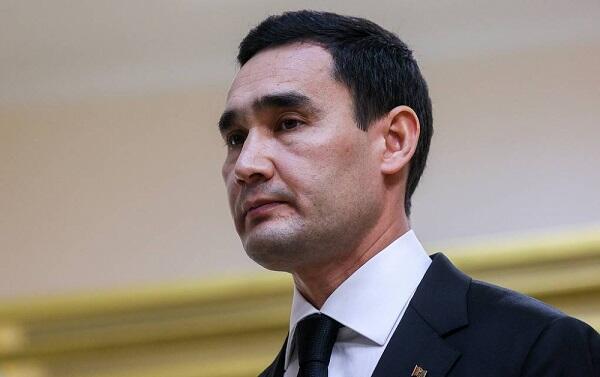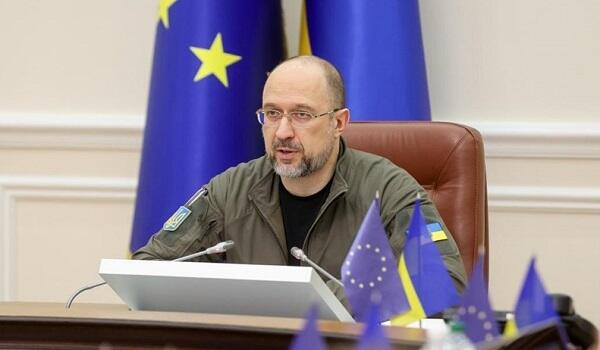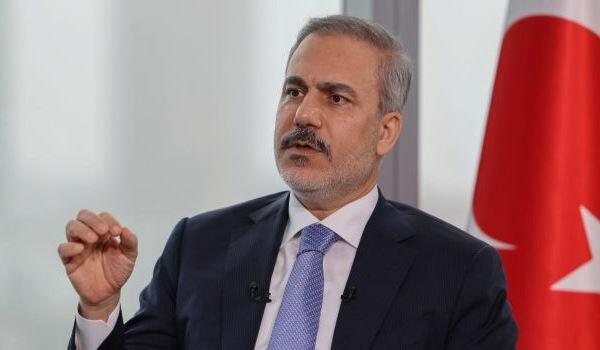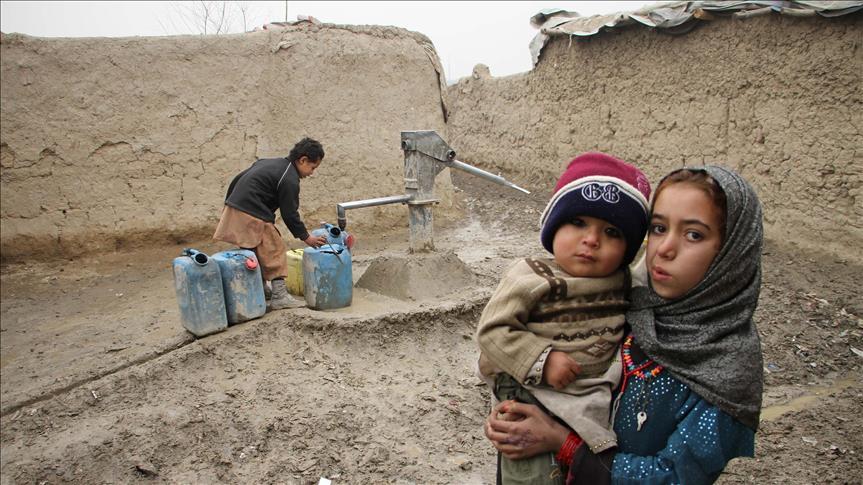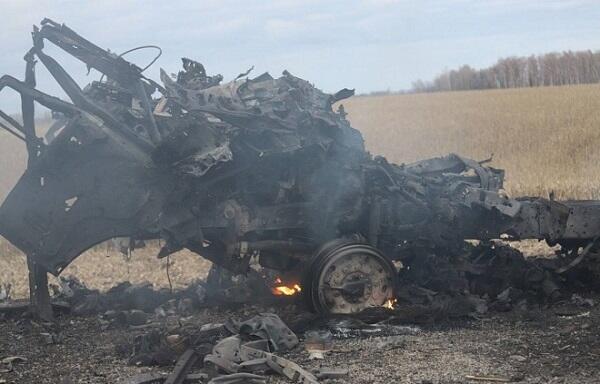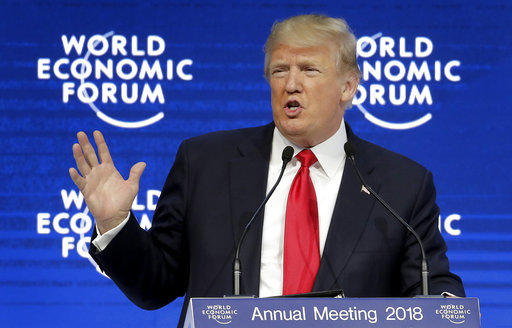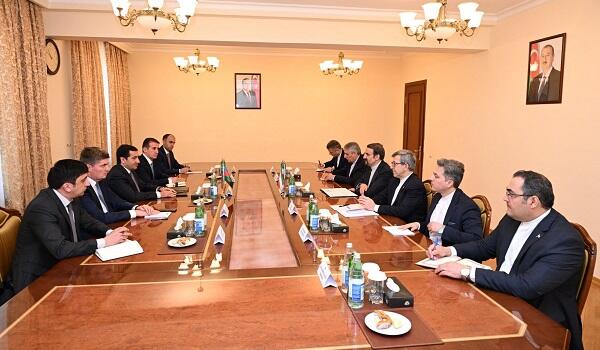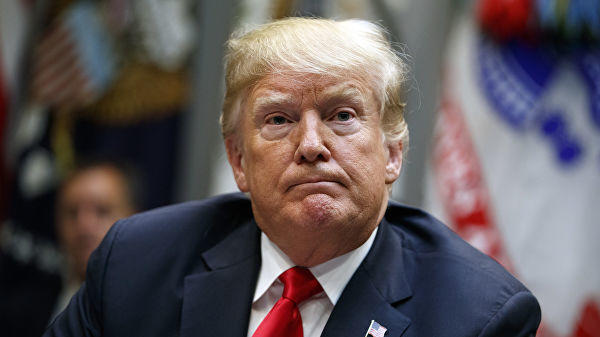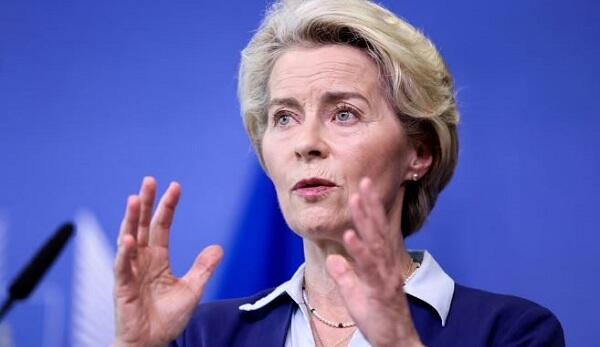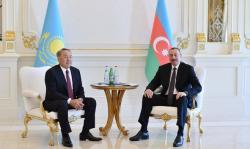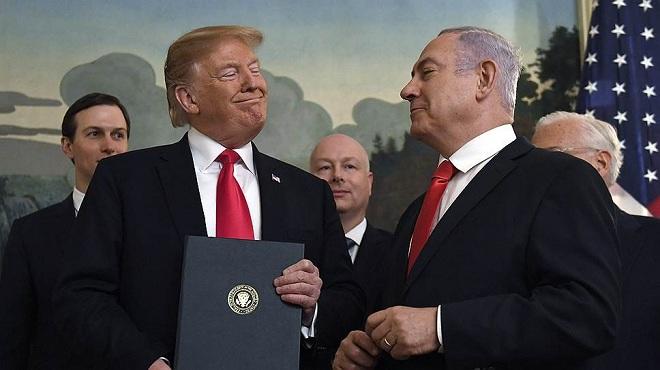U.S. President Donald Trump had sent a letter to Iran’s Supreme Leader Ali Khamenei, proposing negotiations. By doing so, Trump acknowledged that the supreme leader holds the ultimate authority in Iran. Initially, Khamenei did not intend to respond to Trump, but later changed his mind. His advisor, Ali Shamkhani, stated that Tehran was open to indirect talks with Washington but under "equal and mutually respectful conditions."
Axar.az reports that political analyst Elkhan Shahinoglu made these remarks.
He noted that while Trump did not send a letter to his Iranian counterpart, Masoud Pezeshkian, the latter echoed the supreme leader’s stance in his response to the U.S. president:
“Pezeshkian stated that negotiations through intermediaries are possible: ‘The U.S. must first restore trust and correct past mistakes.’ Look at who is advising whom and on what. If Trump were to ‘correct past mistakes,’ he would have returned to the nuclear agreement signed during Barack Obama’s presidency. However, the U.S. president has no intention of doing so; instead, he demands Tehran discuss a new agreement. Tehran, or rather Qom, neither favors direct dialogue with Trump nor accepts the White House’s conditions. Given this situation, Trump has hardened his rhetoric against Iran. In an interview with NBC News, he warned that if Iran does not agree to a deal, there will be bombings, and it will be a strike unlike anything they have ever seen. This is exactly what Israel wants from Trump.”
